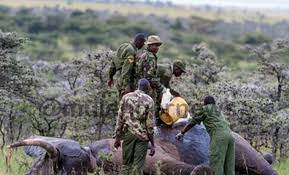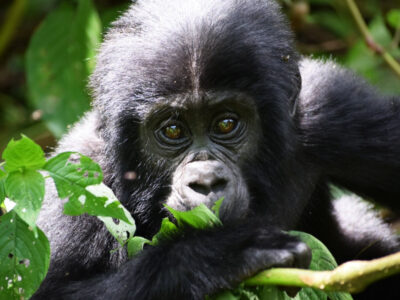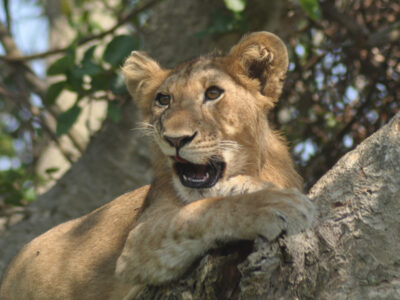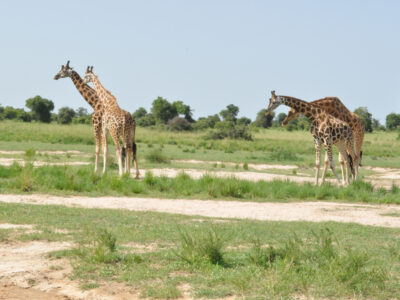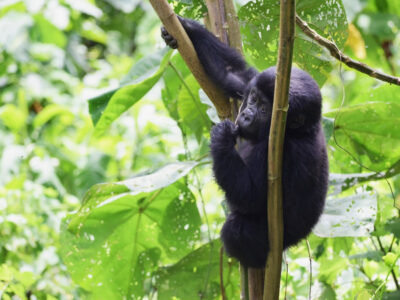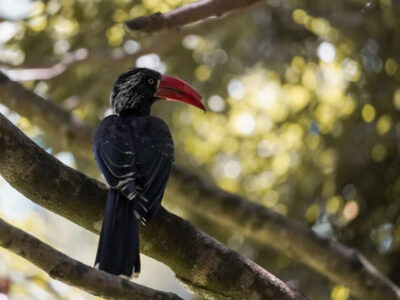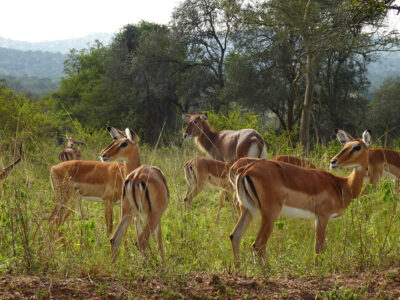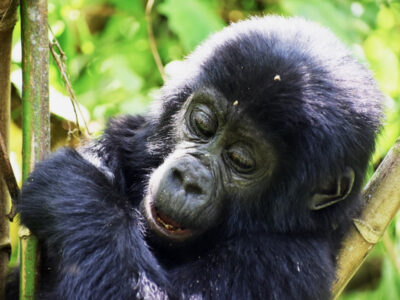IN 8 MONTHS UWA ARREST 60 POACHERS.
In Nakapiripirit district, Uganda Wildlife Authority arrests 60 poachers for illegal poaching around the wildlife sites which are protected areas.
The senior warden officer James Okware in charge of the Pian Upe game reserve in Nakapiripirit district says 60 poachers were arrested in operations carried out from January to August this year.
“40 out of the 60 arrested poachers have already been sentenced, while others are still on remand in Namalu government prisons in Nakapiripirit district,” James added.
The poachers had endangered the lives of the protected animals such as greater kudud, antelopes and ostriches that is according to senior warden officer Mr James. He added saying that arrested poachers have derived in poaching due to hunger and poverty.
He continuously said that they have stepped up patrols along the park and also sensitized the community on the dangers of poaching and the benefits they gain from wildlife.
“The current harsh living conditions in Karamoja was driving many people in the region to commit crimes.” one of the residents of Nakale village in Tokora sub-county in Nakapiripirit district whose brother is currently in jail over poaching Moses Tebakol said.
The brother of one of the arrested poachers added saying that imagine that day my brother went with his bow and arrows looking for some animal after the family had spent two days without eating. But he never returned and we discovered he had been arrested.
“Many people will end up in Prisons as long hunger continues biting. “Nobody would want to poach but it’s the situation where children are at home crying for food and the only option is to poach,” Timothy Lomokol another resident in Namalera village in Namalu sub-county said.
Currently, the karamong region is facing a big challenge in food shortage where several people have lost their lives.
Apart from poaching, what are other challenges faced in the protected areas?
Wildlife Human Conflict.
The local community surrounding the national park most of the time extends their territories to the park which brings wars between them and UWA which is in charge of protecting the parks. Local people are restricted from poaching in the parks and therefore have been involved in farming where they need enough land for farming. The wildlife-human conflict is a common challenge faced around the parks and it has resulted in wars for example in 2016, local communities around Queen Elizabeth national park would spend time guarding their crops against park animals.
Besides farming by the local communities, animals around the park have destroyed their properties as well as animals like lions escaping in the park killing the local people which has involved wars between them and UWA which is against the locals killing the animals.
Encroachment.
Local communities around the park encroach on the parks to get land for farming since it’s illegal to poach animals in the park. However much the local communities are given 20% of the revenue, it is not enough to satisfy their needs thus encroaching on the land to get enough space for farming which affects the animals in the park. The Encroachment affects animals by going far from the park which visitors find hard to access during the game drive. Communities that are adjacent to national parks and wildlife reserves illegally kill animals either from the park or those that move out of the park for home consumption or for sale
Poor infrastructure.
Most roads that lead to the national parks are poor and which leads to poor reviews from visitors. However, most of these roads become inaccessible during the rainy season and this limits tourists from doing some activities during such seasons that’s why trip advisors advise the best travel time to be in the dry season although the travels are annual. Kidepo valley national park is one of the best destinations for game drives, birding, and boat cruises but is less visited due to the distance and the poor infrastructure.
What are the solutions for these challenges faced in karamonj?
Revenue sharing.
Revenue sharing between the local communities around the park and Uganda Wildlife Authority is confirmed. The UTB issued that the local people will be given 20% of the money collected from the visitors visiting the tourist attractions in Uganda. The 20% of the revenue to the locals will improve their standards of living and improve on their infrastructures like schools and road networks.
Sensitization.
Creating awareness among the people around the park is a very important thing for example Karamoja region. Based on the poaching that has been taking place due to hunger, if the Karamoja people have been sensitized on how they can survive during the hunger without poaching, the 60 people wouldn’t have been arrested in 8 months. Teaching people how to do farming will reduce the illegal ways of poaching in the local communities around the park.
Strict laws.
The Uganda Wildlife Authority in charge of protecting the national park has been restricted because the local communities are carrying out poaching which not only affects the animals but also the people in charge. Such laws involve sentencing the poachers to either some years or life imprisonment. These laws have brought fear into local people who have saved the lives of animals in the park and the locals have been employed in the park which has improved their standards of living.
Demarcation of the park areas.
UWA manages and protects the park against the local people living around the park. The UWA has marked their territories where the park starts and ends so that the local people can know the limitation around the park. The marking territories of the park are fenced which protects the fierce animals from attacking the locals for example the recent incident of the lions being electric shocked in Queen Elizabeth national park which were trying to escape saved the lives of the locals but a loss in the park.
About Uganda Tourism Board.
UTB is a statutory organization established in 1994 by the Uganda Tourist Board Statute. The Board aims at populating and promoting Uganda’s aviable holiday destinations to the locals as well as international. They aimed at marketing Uganda’s tourism, competing with the international tourism destinations and increasing the contribution of tourism earnings and GDP.
For Uganda safari to be successful in its roles like increasing the quality and volume of tourist arrivals and their expenditures, requires an effective partnership between the public and private sectors. However, the sale of the product to the trade and consumer is almost entirely the responsibility of the private sector tourism service providers whose market will be approached with a mix of marketing activities best suited to market conditions.

